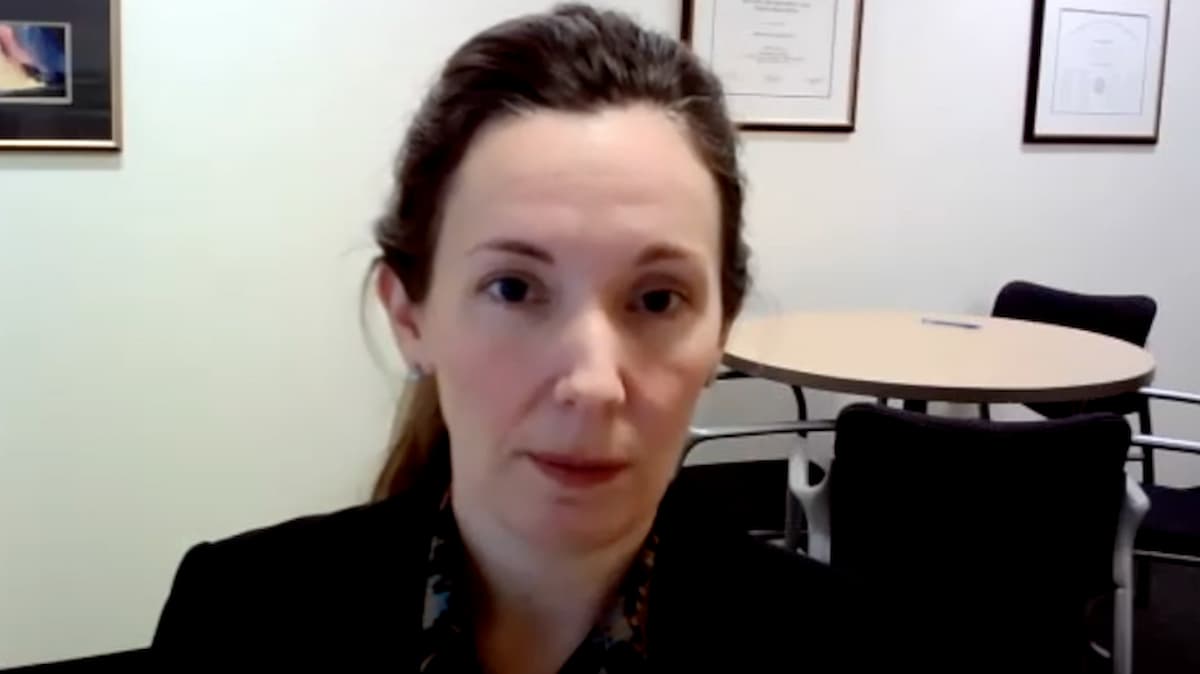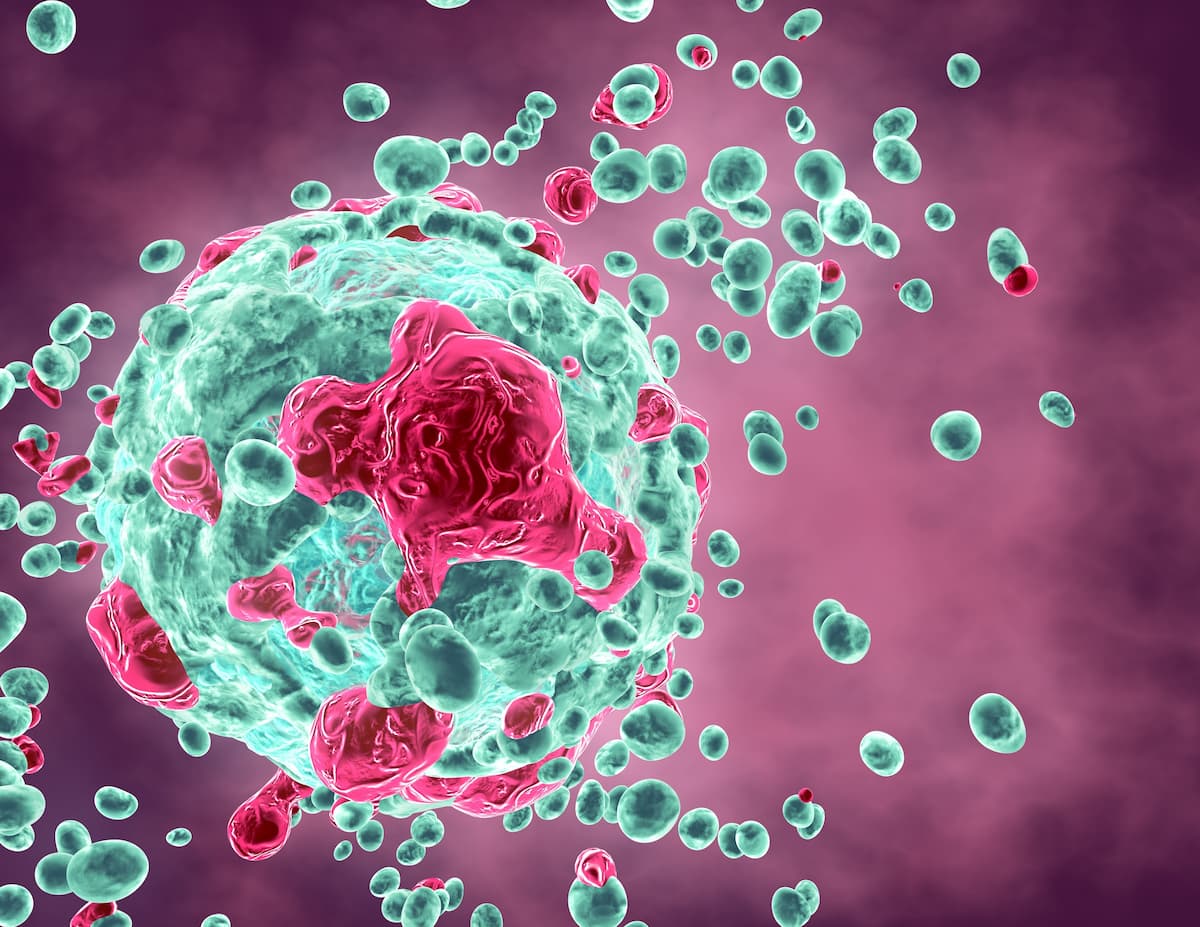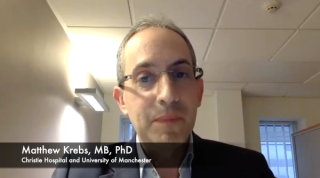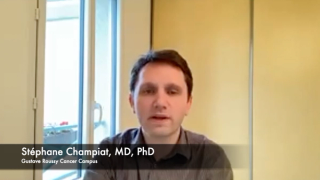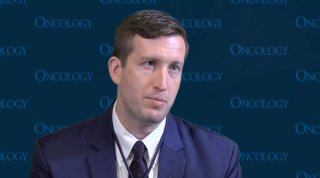
Oncology
Latest News
Latest Videos

CME Content
More News
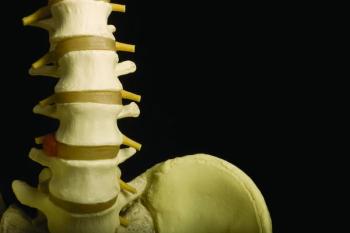
A biologic license application for a biosimilar of denosumab is under review by the FDA for managing osteoporosis and treatment-induced bone loss in those with cancer.

An expert from Dana-Farber Cancer Institute describes several key strategies for mitigating racial disparities in opioid access among patients with cancer near end of life.

An expert from Ochsner Health discusses the essential role positive lifestyle habits and regular screenings play in preventing cancer diagnoses.

Lack of access to adequate mental health care affects both patients and survivors of cancer who experience significant burdens, highlighting a need for normalization, according to a licensed clinical social worker.

“Being a patient advocate means not so much putting ourselves in the patient's shoes but asking the right questions to find out what those barriers to care are,” says an oncology survivorship navigator from Sibley Memorial Hospital, Johns Hopkins Medicine.

Patients with tenosynovial giant cell tumors, a rare locally aggressive neoplasm, who are unable to undergo surgery may benefit from treatment with pimicotinib.

Investigators will evaluate DK210 in a first-in-human phase 1 clinical trial following the FDA’s review of an investigational new drug application for the compound for locally advanced or metastatic EGFR-positive solid tumors.

Black and Hispanic patients are less likely to receive opioids than their White counterparts; bias training and logistical support may act as potential strategies to mitigate these disparities, according to an expert from Dana-Farber Cancer Institute.

Neoadjuvant pembrolizumab appears to improve outcomes in a cohort of patients with metastatic microsatellite instability–high, mismatch repair deficient solid tumors.
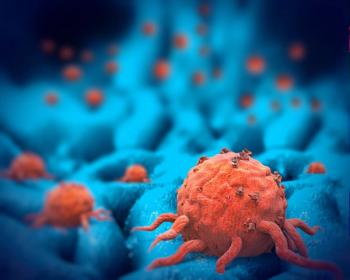
Under a new FDA initiative, the agency recently updated a decades’ old approval of the chemotherapy capecitabine. This move, according to an expert, will springboard further change in the treatment of cancer.

The use of cobimetinib was effective in patients with Rosai-Dorfman disease, and responses were especially deep in those with KRAS or MEK alterations, according to findings from a recent retrospective study.

Bringing clinical cancer research to the community setting could offer better accessibility and lower costs without sacrificing quality of care.
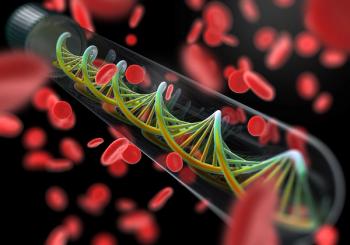
The blood test is intended for use in detecting a range of cancers—including liver and lung cancer—among adults ages 50 to 75 years.
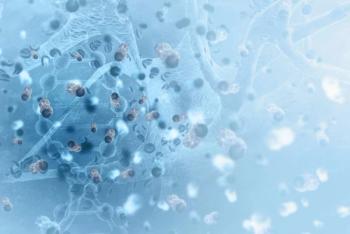
A triplet, PDS0101-based combination regimen enhanced survival across several types of HPV-positive cancer, according to interim data from a phase 2 trial.

The study’s lead author explained that using rezafungin may avoid some of the negative drug interactions associated with other anti-fungal drugs in patients with cancer.

Factors such as chemotherapy treatment and a cancer diagnosis within the past 5 years were associated with a greater risk of frailty-related bone fractures among older cancer survivors, according to findings from a recent cohort study.
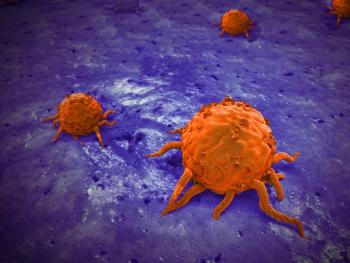
The FDA’s decision to grant KVA12123 an investigational new drug application now allows its manufacturer, Kineta, to begin a clinical trial assessing its safety and efficacy across several solid tumors.
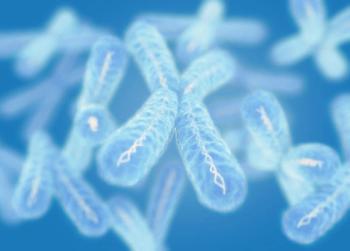
Elevated circulating tumor fraction was associated with worsened overall survival across 4 advanced cancer types, according to data from an observational study.
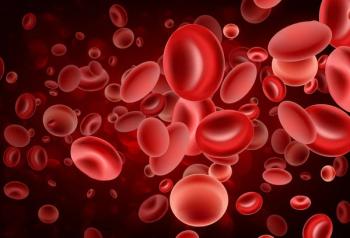
In her Letter to the Readers, co-editor-in-chief of the journal ONCOLOGY Julie M. Vose, MD, MBA, reviews developments from the fourth annual LEAD Conference for women in hematology and oncology.

Patients with advanced solid tumors treated with milademetan experienced promising anti-tumor activity at the interim analysis for the phase 2 MANTRA-2 basket trial.

Results from the phase 1 ARROS-1 trial showed NVL-520 may stop tumor growth and yielded response in brain metastases in patients with ROS1-positive non–small cell lung cancer and other solid tumors.

Patients with advanced solid malignancies may benefit from treatment with next-generation tissue factor–targeting antibody-drug conjugate XB002.
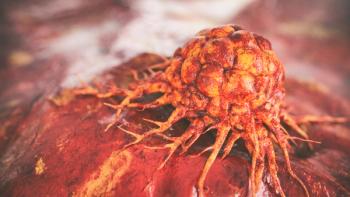
Across various cancer types, stereotactic ablative body radiotherapy was found to be a safe method for treating oligometastes.
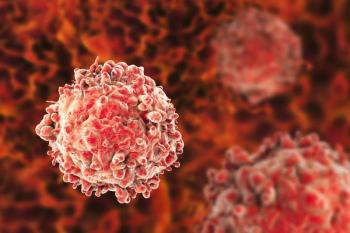
Patients with advanced type B3 thymoma and thymic carcinoma who progressed after chemotherapy were responsive to treatment with avelumab plus axitinib, according to data from the phase 2 CAVEATT trial.

Data from the phase 1 LuMIERE study highlighted that targeted radiotherapy agent 177Lu-FAP-2286 demonstrated a manageable safety profile and promising preliminary antitumor activity.



